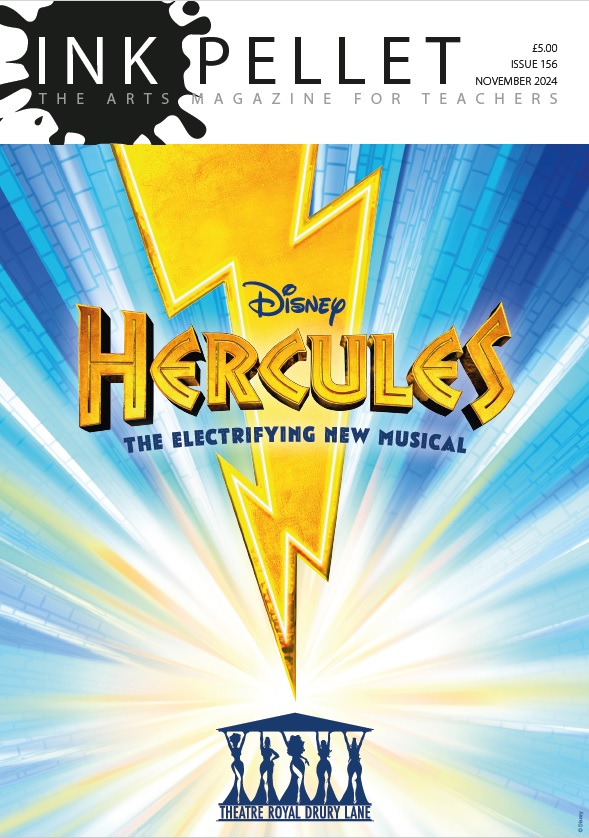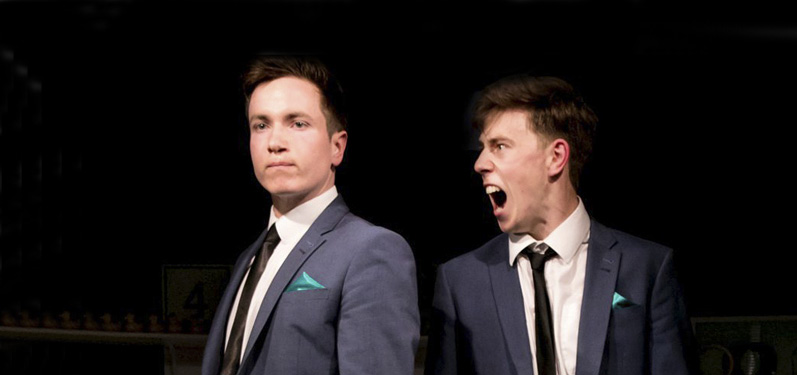Susan Elkin guides us through some of the options available to both the young and experienced performers during the summer months
How do you advise that very enthusiastic student in your drama class who simply can’t get enough? She or he wants to go to drama school. Parents are anxious. The answer could be to try a performing arts summer school and see how it goes.
Summer schools are fun. Every year thousands of children and adults sign up for immersive performing arts courses. And it’s an excellent way of dipping a toe in the waters of full-time training to see if it really is for you.
“Summer schools are a great way of learning about the expectations of degree programmes in performing arts and drama schools.” says Lisa Olsen Course Director MA Acting at Birmingham School of Acting. “They are also good for students who may not have the opportunity to do much performing arts work at their schools to be immersed in training to discover whether or not this is the path for them.”
Some (such as TheatreTrain’s one-week course in Suffolk) are residential. In other cases, students coming from elsewhere in the country will need to make accommodation arrangements. Sometimes a family will organise its annual holiday in the area so that the insatiably thespy youngster can do the course nearby.
Most drama schools including LAMDA, Mountview Academy of Theatre Arts, Rose Bruford College, Guildford School of Acting, Royal Central School of Speech and Drama and Bristol Old Vic Theatre School run summer schools. And ArtsEd, long established as a summer school provider is this year offering a new Musical Theatre Experience course for over 16s. The best drama school summer schools are taught by the same staff who teach full-time students so it’s a real taster.
The options for under 18s range right across acting, musical theatre and technical theatre. Also out there are courses in circus skills, comedy, writing and directing – among many other options. There are plenty of courses in ‘pure’ instrumental music and singing too if that’s what the student wants. The one week Brass Academy Summer School at the Yehudi Menuhin School, Surrey, for instance, boasts tuition by top flight brass players and it’s suitable for Grades 1 to 8 and beyond.
The MTA, The Stage 2017 School of the Year winner, is running a summer school this year for the first time. “Classes will be taught by our senior faculty so participants will get the full ‘MTA way’ experience” says founder principal Annemarie Lewis Thomas adding that it’s a two-week course for over 16s comprising 10 full days of training. “There’s also a class with former MTA students, so these students on the two-week course can see where our training leads”. The MTA actively wants its summer school students to consider applying for its full-time course. That is why all summer school students are entitled to a free audition, for which the normal fee is £45, provided they apply within 12 months.
Dorset School of Acting Youth Theatre Summer School does it slightly differently. There are three options each based on a show theme. The Harry Potter and Mama Mia courses are for ages 10 to 18 while the Oliver! one is for younger children aged 5 to 9.
The YATI in Islington runs everything from half-day workshops to intensive two-week courses, catering for pre-schoolers through to adults.
So can summer school lead on to higher things? A 16 or 17 year old who does exceptionally well at a drama school’s summer school is sometimes invited to audition for a full time place in the same institution. It has even been known for a place to be offered outright to a summer school student showing outstanding potential, although this is very unusual.
Almost all summer schools culminate in a performance for family and friends to showcase what has been achieved. Casting directors looking for children to cast in professional shows, TV programmes and films sometimes attend these – or they drop into a summer school to observe quietly from the sidelines. Very occasionally a work offer follows.
People who teach at summer schools often also work in drama schools and have good contacts across the industry. If they spot a child with real potential, they can sometimes have a word with an industry professional who can help.
Not all summer schools, however, are for children and young people so read the small print carefully. Some courses are for adults, including professional actors, wanting to learn or improve their skills. For instance, the annual eight week Acting Shakespeare course at RADA is aimed at students over 18 ‘with experience of acting at professional, graduate or post-graduate level.’ A higher level course of this sort requires an audition. Summer schools for young people generally do not.
Summer schools are run by a wide range of organisations apart from drama schools. Booster Cushion Theatre, for example has a large academy in Hounslow. Then there’s the well-known West End Summer School. Many venue-based youth theatres – Royal Lyceum Theatre, Edinburgh (RLT) or the Egg in Bath for example, run summer schools as well. And there are other providers. It’s a very wide range.
The downside of all this, of course, is that it’s costly. There is no government funding for short courses and very few providers offer any scholarships for them. Sometimes, however, a school or other provider may have access to a small amount of discretionary money which it can use to support a student, typically a young one, in serious need who would otherwise be unable to benefit from this opportunity. But this is not the norm and it has to be discussed and negotiated privately on an individual basis.
On the whole, though, summer schools are good news. They can provide real experience and a valuable opportunity to work out some career options.



